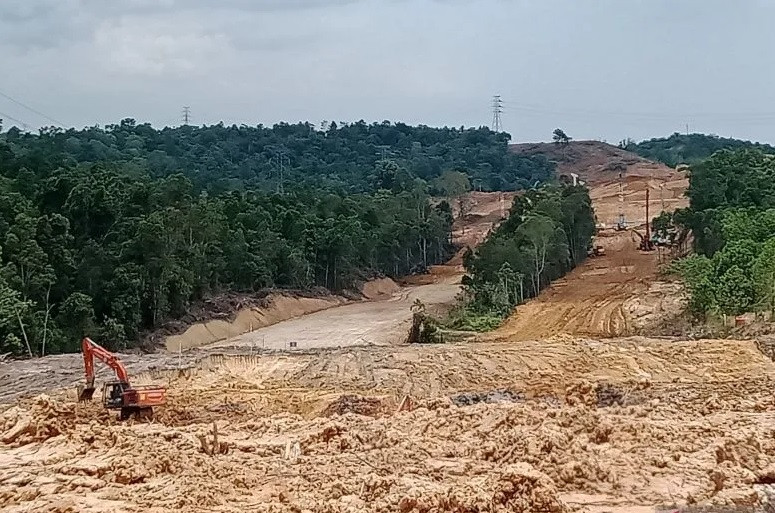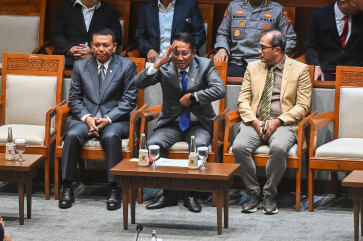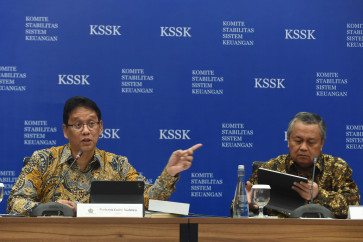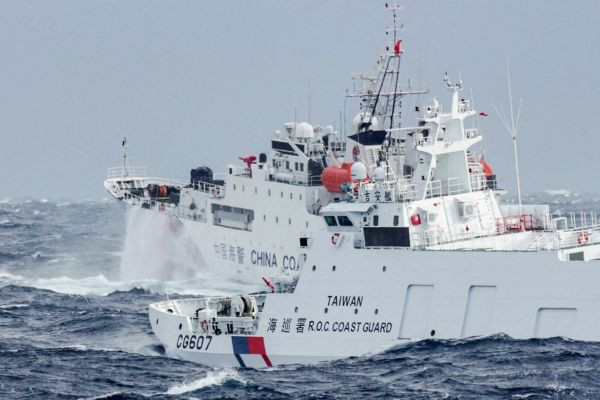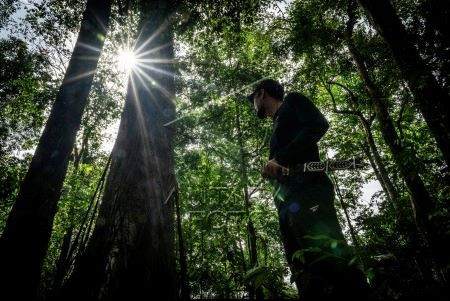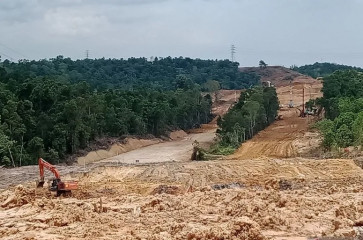Popular Reads
Top Results
Can't find what you're looking for?
View all search resultsPopular Reads
Top Results
Can't find what you're looking for?
View all search resultsMainstreaming biodiversity requires a new approach
The green economy approach has led to new environmental problems, primarily due to policies that lack a strong scientific basis in biodiversity, strong political and vested interests, corruption and a lack of public transparency.
Change text size
Gift Premium Articles
to Anyone
O
n Jan. 16 of this year, President Joko “Jokowi” Widodo issued Presidential Instruction (Inpres) No. 1/2023 on the mainstreaming of biodiversity conservation in sustainable development. The question is whether this instruction is sufficient amid the complex ecological and economic challenges Indonesia is facing.
Through the policy, the President instructed 18 ministries and government agencies at the central and regional levels to take integrated steps to mainstream biodiversity conservation in every development activity. It focuses on aspects such as balancing conservation and economic policies in development planning, sustainable utilization of biodiversity for the welfare of society, sustainable exploration and utilization through bioprospecting, low-carbon development in various sectors, development of research and innovation related to Indonesia's biodiversity and law enforcement for biodiversity protection.
At first glance, the instruction gives a breath of fresh air to Indonesia amid the imbalanced relationship between economic development and biodiversity conservation that increasingly threatens the nation.
However, the instruction is surrounded by contradictory realities. First, there is still a high economic dependence on natural resource-based industries such as mining, palm oil plantations, and others that affect sustainable development.
Second is the existence of stronger legislation that, in some ways, prioritizes economic interests over ecology, as seen in the Job Creation Law. Third is the absence of a biodiversity index that can serve as a benchmark and guide for identifying and protecting biodiversity.
Fourth, the weak legal position of this instruction itself makes it insufficient as a foundation for addressing the complex balance between economy and ecology. Fifth is the limited involvement of the public and attention to local wisdom in this instruction.
Furthermore, this instruction is born out of a government development approach dedicated to achieving economic growth. Such policies direct the governance of biodiversity and natural resources toward economic interests.

